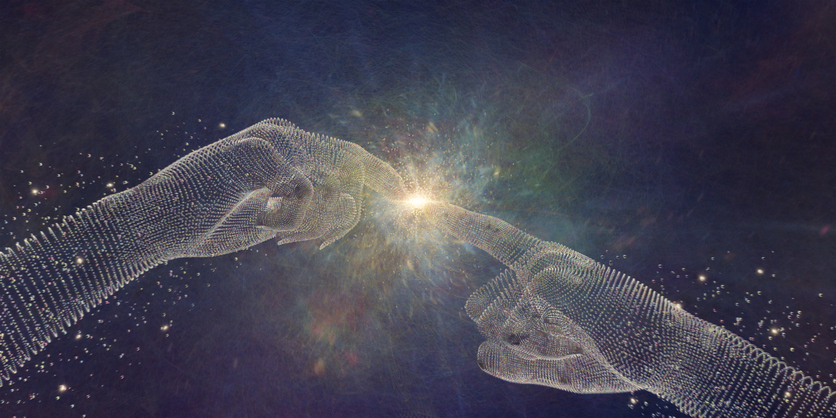Changes in the religion of a neighborhood often happen so slowly, you hardly see them.
We can see this happening throughout Dallas. My daily drive takes me past churches that have become bilingual or host a whole new congregation. It takes me past churches clearly in decline, holding fewer worship services on a Sunday morning or simply having fewer people.
There has been an invisible elephant in the religious world, and its name is secularization. Part of this is the process of religion becoming less visible in public, the classic sign of a secular society. Yet the secular age in which we live is characterized less by the disappearance of religion than by religious transformation.
The biggest transformation is people who used to say they were religious now say they are spiritual.
These changes, often so slow that they go unnoticed, are accelerating. Recent polls carried out by Pew Research, Gallup and others show the number of Americans who identify as Christian (by far the dominant religion in the United States) has declined from 90% to 64% in the last 50 years.
It’s the abandonment of institutional religion. Since each generation is less religious than the last, the continued decline is certain. The youngest generation of Americans, Gen Z, is 20% less likely than the national average to identify as Christian.
But while we Americans and Dallasites are less attached to traditional religion, secularism is transforming rather than destroying the religious landscape.
Moreover, younger generations who are turning away from traditional religion are turning their energies toward organizing new religious groups, adopting new spiritual practices and engaging in social entrepreneurship based in religious ethics.
America is becoming “spiritual but not religious.”
For every story of a church turned into a bar, there are a dozen of a coffee shop turned into a Bible study, a restaurant into a prayer group, or a failed business into a Christian clinic, a Muslim food pantry or a Jewish counseling center.
These changes don’t even take into account the way that religion and spirituality have moved online. One of my students has a daily Christian meditation podcast with hundreds of thousands of listeners. The largest online Bible study has more than three million subscribers. If we add the number of people participating in online ministries of existing churches, the number increases exponentially.
For nearly a century, the boundaries between self-help, positive thinking, motivational speaking, political organizing, entertainment and worship have become increasingly fuzzy. Online or in spaces that resemble arenas, auditoriums, gyms, coffee shops and even bars, it may be hard to tell where religion ends and secular society begins.
When we look closely, religion in our city isn’t going away. Instead, it’s going to look different than it has in the past, reflecting the dynamism and energy that continue to make this an exciting place to live
Dr. Robert Hunt is director of SMU’s Perkins School of Theology Global Theological Education department.





